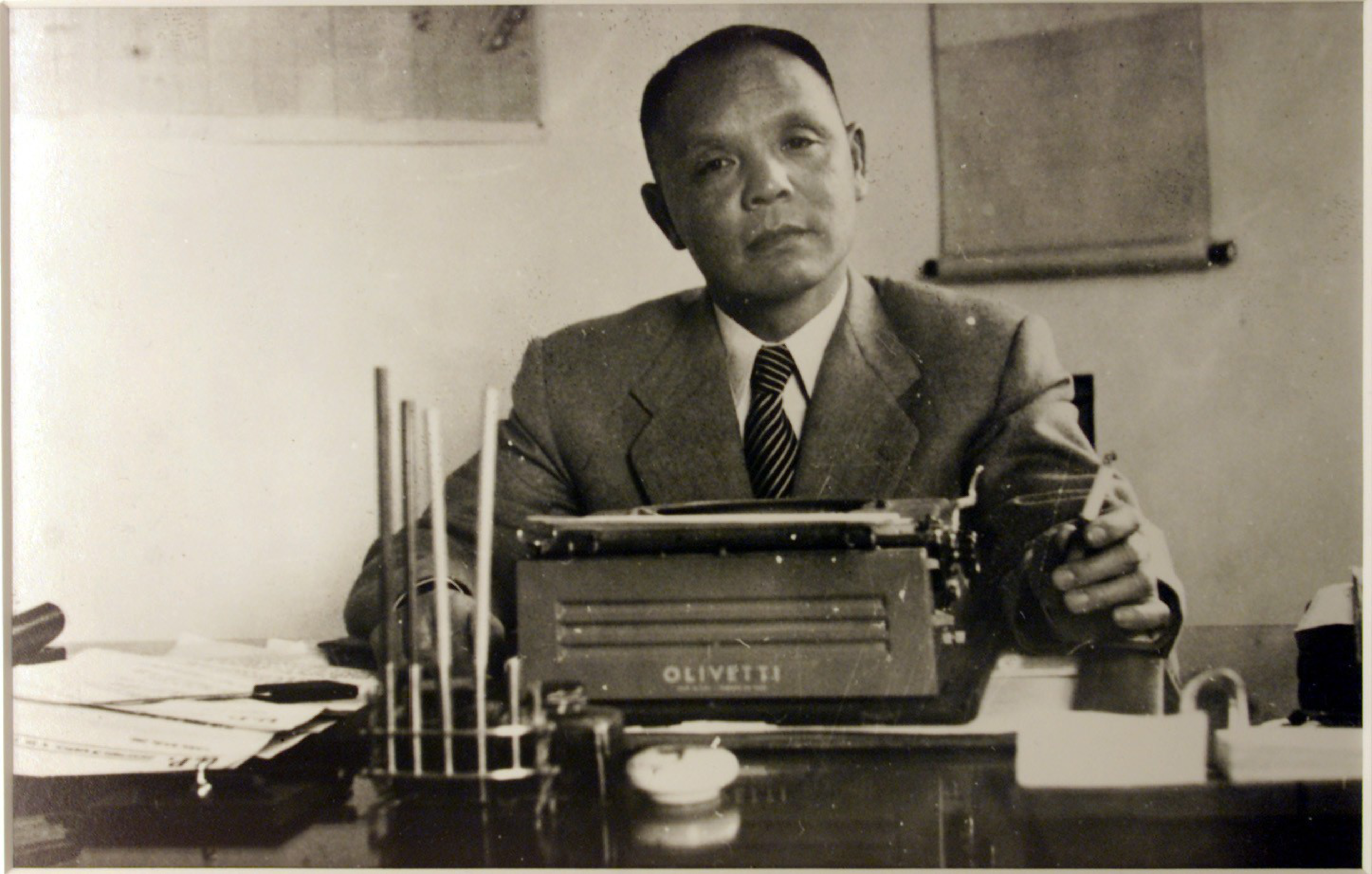Twenty-six years after Feng-shan Ho’s death, his daughter is still trying to shed light on his true story.
Ho, a Chinese diplomat in Vienna, Austria, in the late 1930s, helped thousands of Jews escape Nazi terror by issuing them visas to Shanghai. However, this part of history wasn’t widely known until now, thanks to his daughter, Manli Ho, who spent decades after her father died piecing together his heroic efforts.
To make things more complicated, after the Chinese Revolution in 1949, political persecution from Taiwan’s Nationalist government forced Feng-shan Ho to leave his homeland, which made his story even harder to tell.
“Before I kick the bucket, I really want to write a book about my father,” Manli said. “Just to set the record straight.”
‘Chinese Schindler’
In 1938, Ho was the consul general in the Chinese consulate in Vienna when Germany’s Nazi regime annexed Austria, prompting many Austrian Jews to seek visas from foreign governments as a life-saving ticket to leave the country.
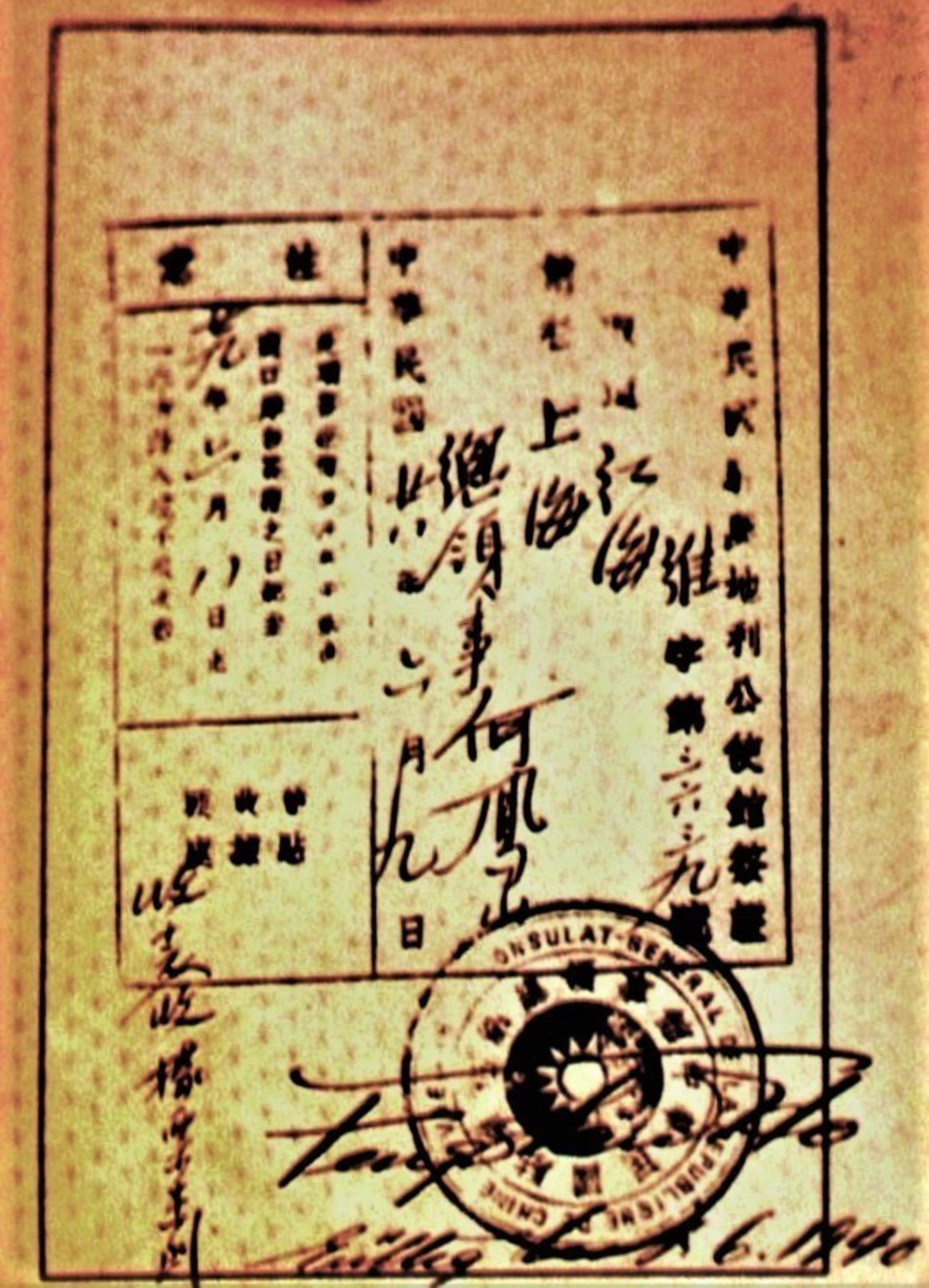
It’s unclear how many visas Ho issued to the Jews, but it’s estimated to be thousands based on the visa order numbers. Upon learning about his actions in the past decade, American media labeled him the “Chinese Schindler (opens in new tab)” and the “Schindler of the East (opens in new tab),” comparing him to German businessman Oskar Schindler, who saved 1,200 Jews by employing them at his factories in occupied Poland during the Holocaust. Schindler’s story was fictionalized in the classic 1993 movie Schindler’s List.
But Manli Ho, a former journalist at the Boston Globe, thinks the media nickname for her father is a bit misplaced. For starters, she noted that, unlike Schindler, her father was not a member of the Nazi Party.
Manli Ho said her father, who held a doctoral degree in political economy from the Ludwig Maximilian University of Munich, was well-informed as a diplomat. He knew that because of the Japanese invasion of China, the harbor in Shanghai was unattended by any authorities (opens in new tab), so the visas to Shanghai would allow the Jews to leave Europe, travel to other places and enter Shanghai (opens in new tab) without being questioned or asked to provide any documentation.
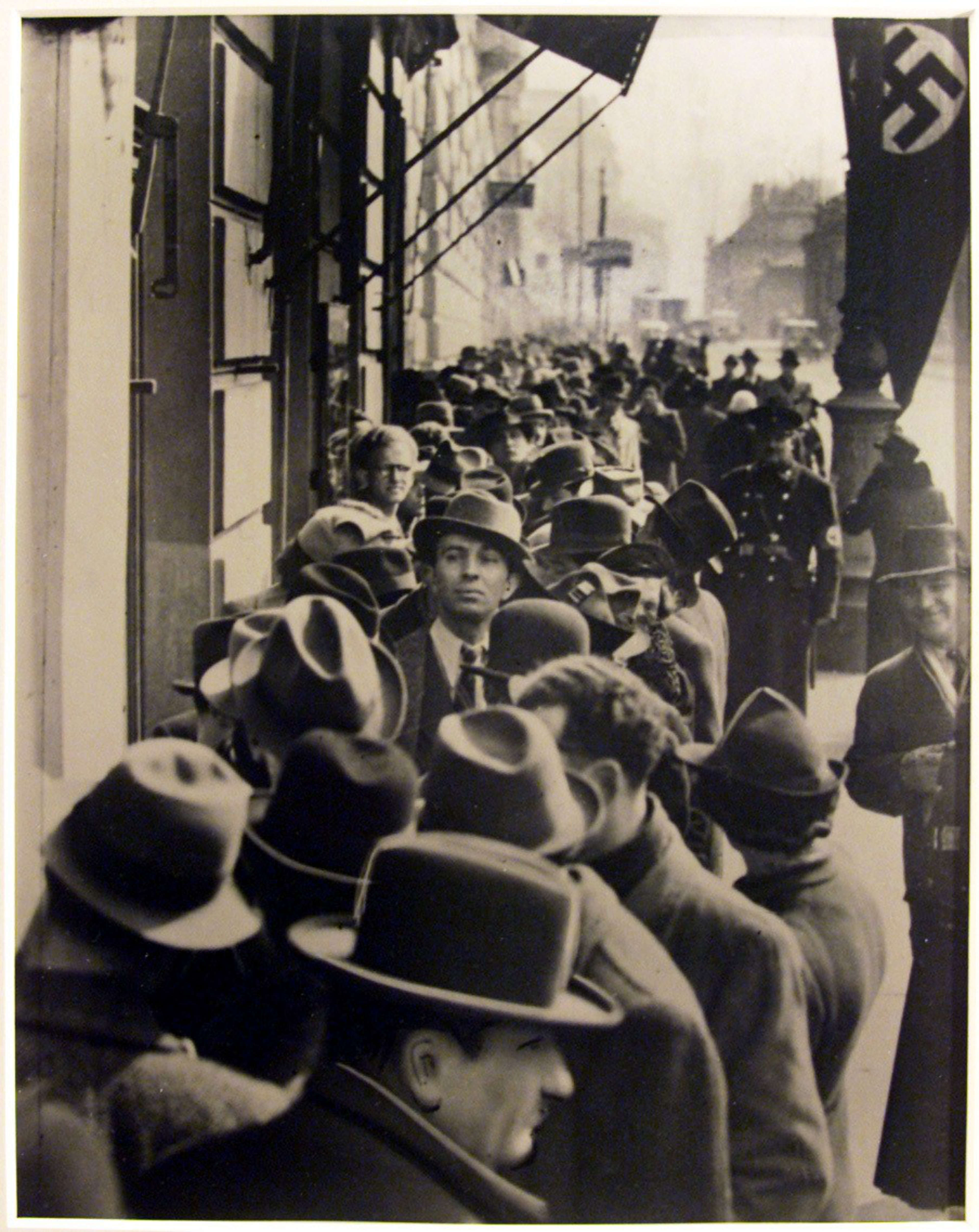
His behavior also angered his supervisor, because issuing visas to help Jews could offend Hitler. Manli Ho said her father got a “demerit and a black mark” in his personnel files for disobeying orders.
Accordingly, Manli believes her father should be remembered as a 20th-century Zhuge Liang, the legendary ancient Chinese statesman and strategist, instead of the “Chinese Schindler.”
‘He Was Smeared’
After decades of diplomatic service, Feng-shan Ho was accused of embezzling about $300 of government money in 1972. He was impeached on corruption allegations and denied a pension.
Manli Ho characterized the move by the Republic of China’s government, which had fled to Taiwan after Mao Zedong’s Communist Party took over the mainland, as political persecution. She said her father had offended Chiang Ching-kuo, the son of Chiang Kai-shek and a high-level official who later became the president.
“He suffered this great injustice,” Manli Ho said. “He was smeared.”
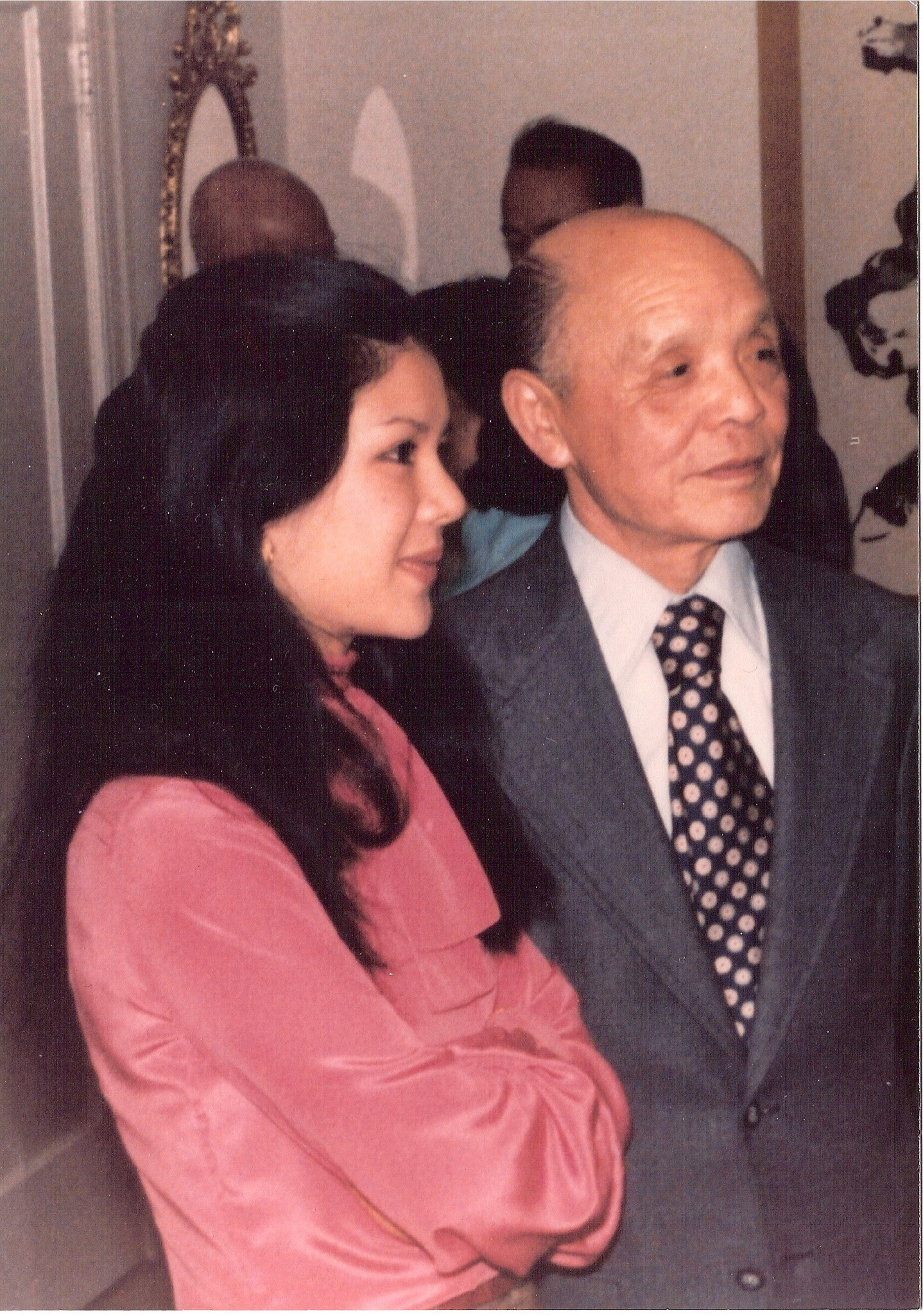
Feng-shan Ho, then a diplomat in South America, planned to return to Taiwan to defend himself when the accusation came out. But his lawyer advised him to stay overseas, lest he become a political prisoner. He retired to San Francisco in 1973, thanks to family ties that helped him settle here. He died in the city in 1997.
In 2015, Taiwan’s president, Ma Ying-jeou, met with Manli Ho in Taipei and issued a commendation (opens in new tab) to Feng-shan and apologized to his family for it coming so late. Despite that, Feng-shan Ho’s government personnel record remains tarnished. (opens in new tab)
“My late brother and I spent more than 20 years trying to get my father exonerated,” Manli Ho said.
Retirement in San Francisco
In San Francisco, Feng-shan Ho was a very active walker who would take long strolls daily from his Richmond District home to the Legion of Honor museum, keeping him healthy into his 90s, his daughter recalled. She also joked that her father had a “hot” temper, which she attributed to his overconsumption of chili pepper.
In August, Manli Ho visited Hedy Durlester, a Jewish Holocaust survivor living in Morgan Hill. Her family escaped Austria to the Philippines by way of those Shanghai visas before settling in San Francisco.
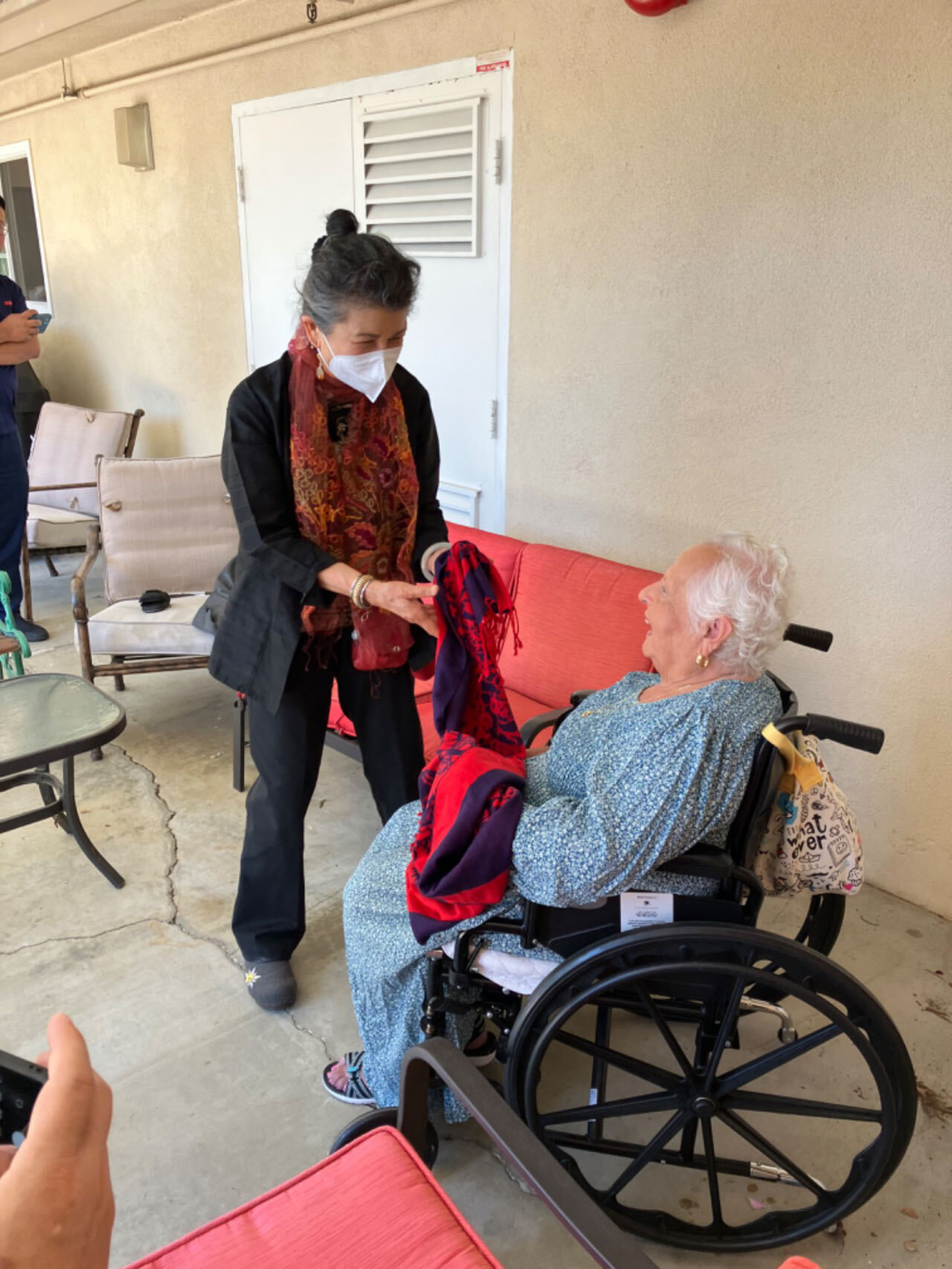
Manli Ho said when her father first retired in San Francisco, he was only a few blocks away from the Durlester family.
Feng-shan Ho also wrote his memoir, Forty Years of My Diplomatic Life (外交生涯四十年), during his time in San Francisco.
“The persecution of Jews by Hitler’s ‘devils’ became increasingly fierce,” he wrote. “I spared no effort in using any means possible to help, thus saving who-knows-how-many Jews!”
